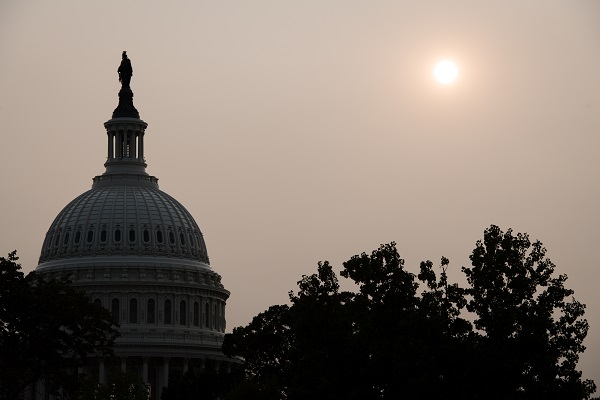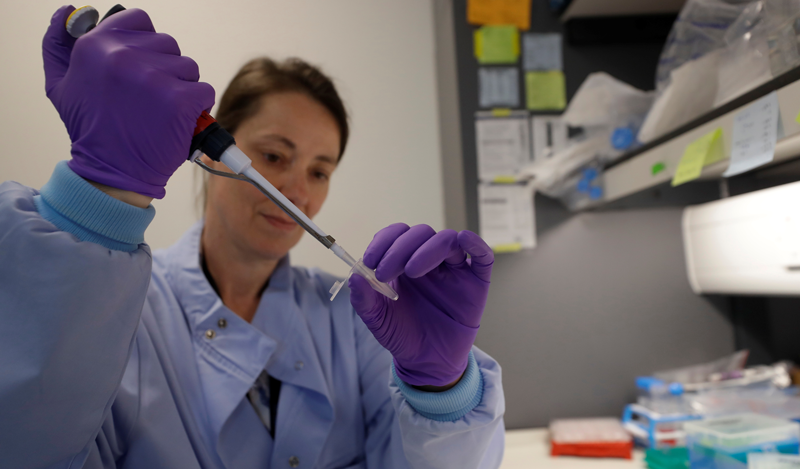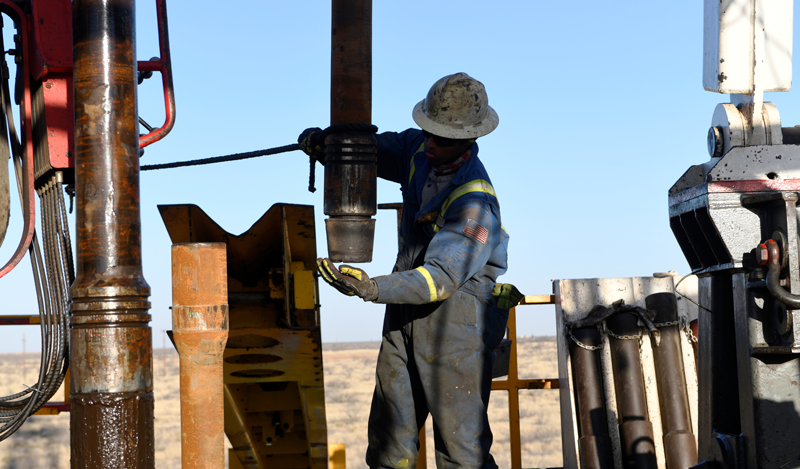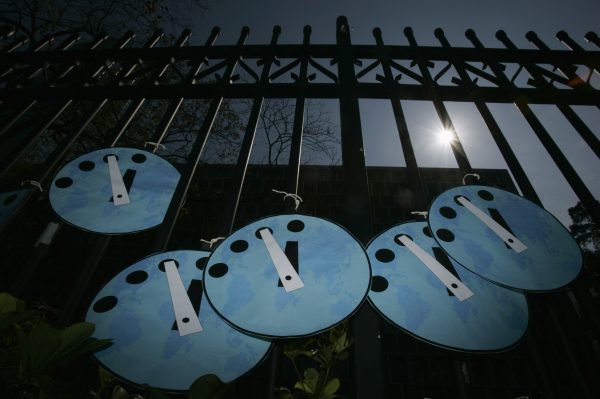
June 21, 2021
Liberalism Is Not Enough
In both ends of the political spectrum, it seems liberalism has become démodé. From the traditionalist right, R. R. Reno of First Things proclaims, “[w]e’re afflicted by a liberal monoculture” characterized by a “double-pronged project of cultural and economic deregulation” that has eroded the solidarity needed to hold society together. From the left, Jacobin‘s Nicole Aschoff criticizes what she sees…

June 21, 2021
Is It Time for a US Department of Science?
The Biden administration made history earlier this year by elevating the director of the Office of Science and Technology Policy to a cabinet-level post. There have long been science advisory bodies within the White House, and there are a number of executive agencies that deal with science, some of them cabinet-level. But this will be the first time in…

June 16, 2021
The Modern Case for Competition in Power Markets
Sometimes localized controversies highlight an issue of far broader significance, a truth illustrated well by the ongoing battle over electricity policy in Virginia. The central question in a nutshell: Will power consumers be allowed to purchase electricity by choosing among alternative suppliers in a competitive market? Or will they continue to be constrained by the choices of…

June 1, 2021
When It Comes to Public Policy, ‘following the Science’ Is More Complicated Than It Sounds
Scientific evidence is vital to public policy, but science does not offer a repository of neutral evidence that arrives ready-made onto the political scene. Using science to make policy decisions is complex, requiring not only expert judgment but also the judgment of those nonexperts whose experience, knowledge, and know-how is needed to deliberate well about…

May 30, 2021
Congress Must Reassert Its Role in Science and Technology Policy
Earlier this year, Congress held a hearing to consider ways of addressing the “brain drain” in the federal scientific workforce. Calls like this to equip government with more and better expertise are a response to the gap between our elected officials’ technical capacity and the importance of science and technology for society as a whole….

May 28, 2021
Funding Isn’t Enough to Fix Science
The Senate just spent a fevered 72 hours debating the U.S. Innovation and Competition Act, a bipartisan piece of legislation that aims to spur American innovation and bolster our competitiveness in science and technology by authorizing over $100 billion for federal research and development (R&D). With bipartisan support and the backing of the White House —…

May 26, 2021
The Dumbest New York Times Op-ed of 2021
Summer still is weeks away, but already we have a winner in the fierce competition for the coveted title of “Dumbest New York Times opinion column of 2021.” The envelope please… and the winner is “Why Charles Koch Wins When Our Energy System Breaks Down,” by someone named Christopher Leonard. One really does have to read this column to…

May 21, 2021
Fiction Vs. Reality on Fossil-fuel Subsidies
Some political targets are temporary, little more than props deployed in pursuit of a tactical advantage in the Beltway skirmish of the day. Others are permanent fixtures in the landscape, the foundations of an ideological worldview impervious to facts, reasoning, and the perverse outcomes that the attendant policy imperatives would engender. Prominent among the latter is…

May 12, 2021
Would a Phaseout of Hydrofluorocarbons Avoid Half a Degree of Global Warming?
In a recent “Daily on Energy” report for the Washington Examiner, Josh Siegel and Abby Smith reported: “This morning, the EPA unveiled a proposal to begin limiting potent greenhouse gas coolants known as hydrofluorocarbons, or HFCs. It’s a significant step to curb climate change, as phasing down HFCs could help avoid roughly 0.5 degrees Celsius of warming.” The claim that…

May 6, 2021
Why the Federal Government Must Put More Money Toward Basic Science
A consensus is forming in Washington that the federal government is not doing enough to help American innovation. New research suggests that federal underinvestment is contributing to sluggish productivity and eroding America’s global competitiveness. Current public spending on research and development (R&D) stands at roughly $130 billion — dwarfed by the private sector’s more than $450 billion. This is…